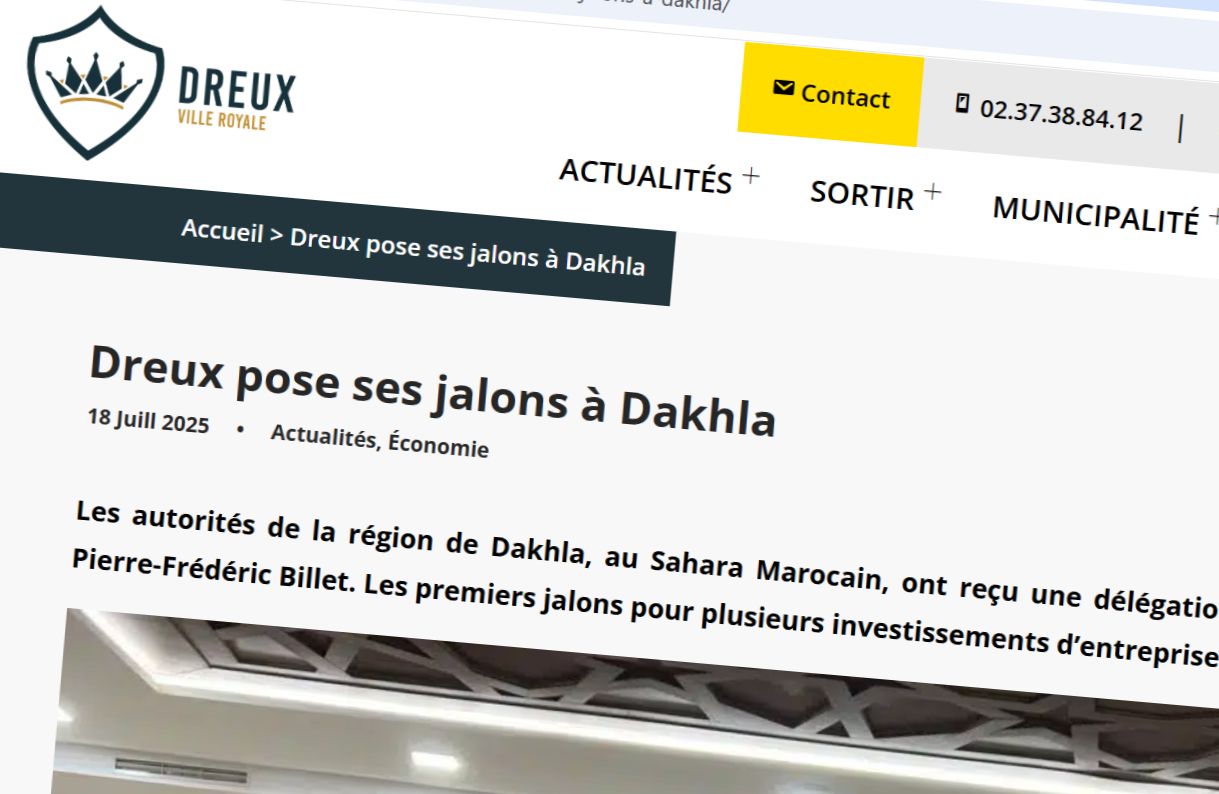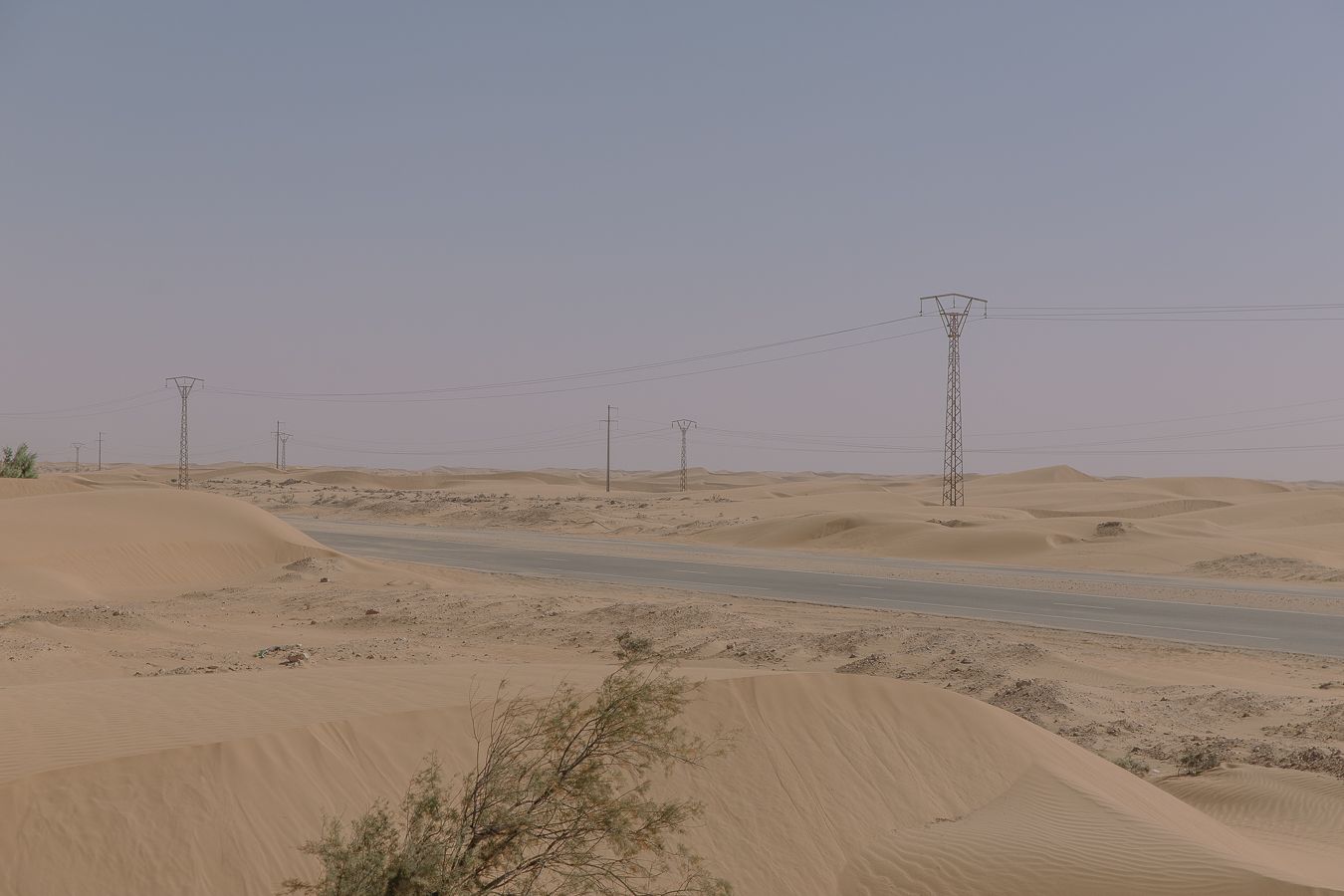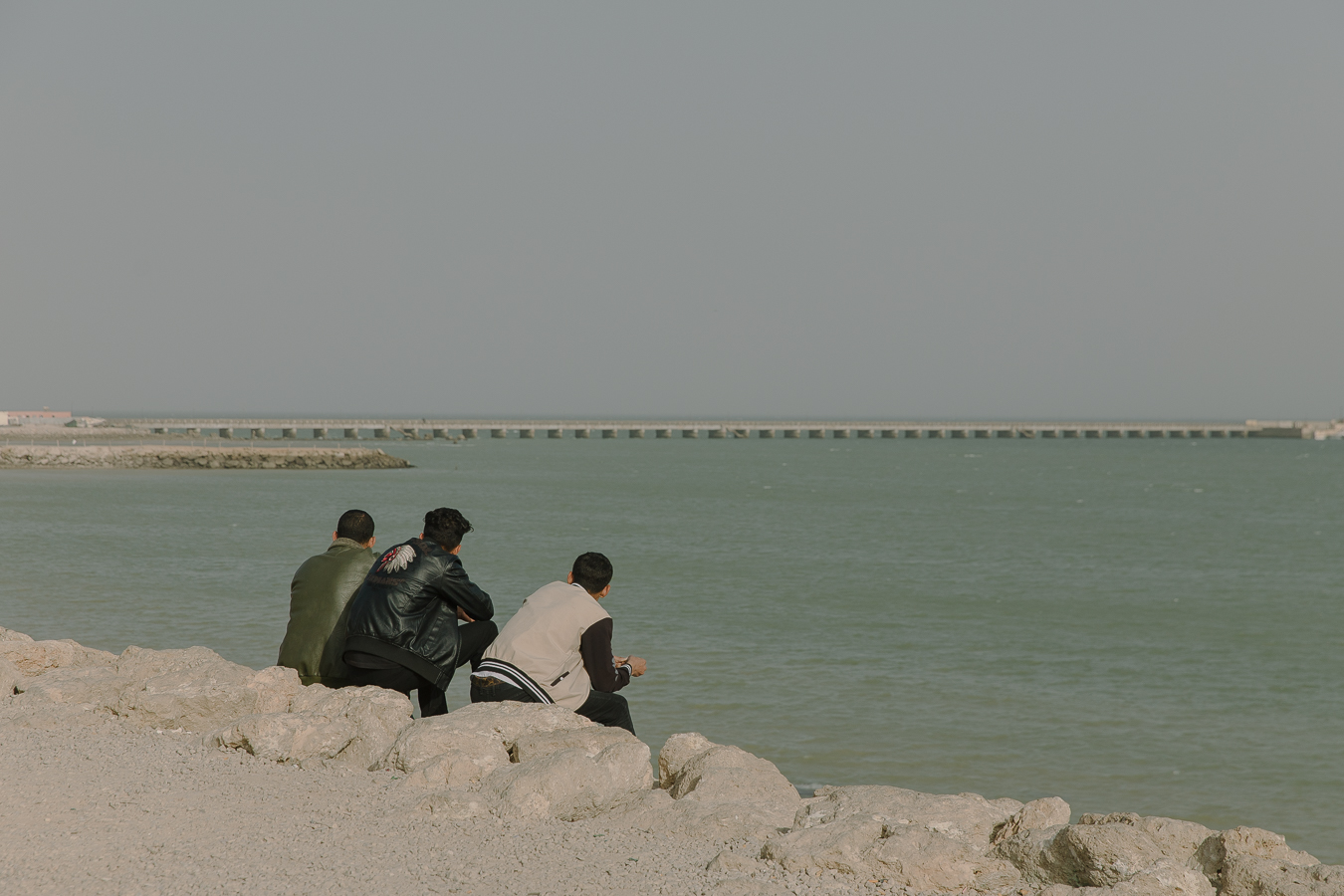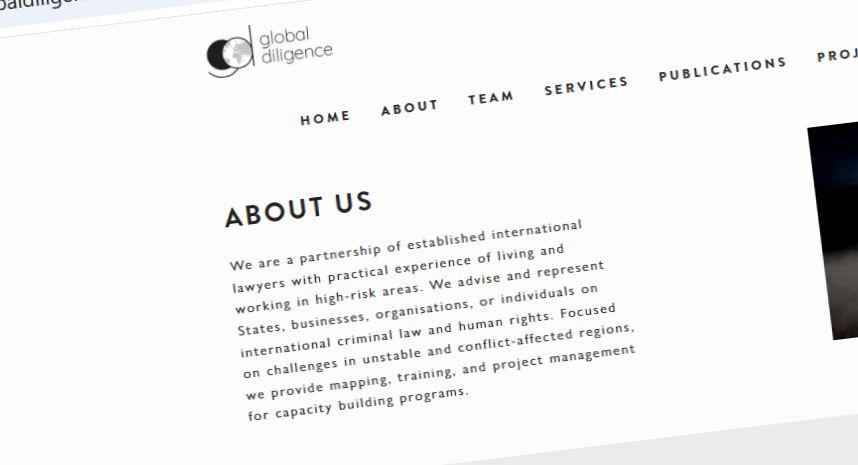
A company from the UAE is set to develop a new controversial wind farm in occupied Western Sahara later this year.
Photo: Electrical post in the outskirts of El Aaiún, occupied Western Sahara, 2024.
In June, Moroccan media reported that YNNA, a Moroccan holding company, has entered into a joint venture with UAE-based Amea Power to build a 100 MW wind farm near El Aaiún, in occupied Western Sahara.
AMEA Power is a renewable energy developer and subsidiary of the Emirati conglomerate Al Nowais Investments. Construction is reportedly slated to begin in late 2025, with operations expected to start in 2027. The farm will supply green electricity to all YNNA subsidiaries.
The project is the latest addition to a growing list of renewable energy installations that Morocco is developing in the territory it holds under illegal occupation. Morocco’s national energy strategy relies heavily on projects located in Western Sahara, including plans for a 1,400 km transmission line to transport electricity generated from solar and wind sources in the occupied territory to Casablanca and other parts of Morocco.
Western Sahara is recognised by the United Nations as a non-self-governing territory. The International Court of Justice has explicitly rejected Morocco’s claim to sovereignty over the area, affirming instead the Saharawi people’s right to self-determination - that is, the right to freely decide the political status of their land and to control its natural resources.
That legal principle has been echoed in ten consecutive rulings by the Court of Justice of the European Union, which have confirmed that any economic activity in Western Sahara must have the consent of the Saharawi people. As far as WSRW can tell, no renewable energy project in the territory - whether operational or planned - has met this condition.
“Initiatives like the Amea Power-YNNA wind farm risk locking in the occupation under the pretext of energy security, while sidelining the Saharawi people’s rights,” says Sara Eyckmans of Western Sahara Resource Watch. “Morocco is using ‘green transition’ projects on occupied land to bring in foreign companies - and by extension, foreign governments - in an attempt to legitimise its claim to a territory over which it has no legal sovereignty.”
In March 2025, eight UN Special Rapporteurs issued a joint statement urging Morocco to halt the demolition of Saharawi homes as it expands its green energy projects in the territory. The statement followed renewed concerns about systemic repression of Saharawi voices, including journalists, activists, and human rights defenders.
Since you're here....
WSRW’s work is being read and used more than ever. We work totally independently and to a large extent voluntarily. Our work takes time, dedication and diligence. But we do it because we believe it matters – and we hope you do too. We look for more monthly donors to support our work. If you'd like to contribute to our work – 3€, 5€, 8€ monthly… what you can spare – the future of WSRW would be much more secure. You can set up a monthly donation to WSRW quickly here.
French publicly-owned firm plans energy project in occupied Western Sahara
The French town of Dreux considers ignoring a ruling in the French courts and to engage with a controversial energy operation in occupied Western Sahara.
Morocco pushes enormous green hydrogen plans in occupied Western Sahara
The Moroccan government has confirmed several green hydrogen projects totalling 20 GW of renewables and up to 8 million tonnes of derivatives - many planned in occupied Western Sahara.
Canary trade mission to legal minefield
A publicly organised mission will take Canary companies into occupied Western Sahara later this month.
Global Diligence defends operations on occupied land
The legal advisory firm Global Diligence, which presents itself as expert on ‘heightened due diligence’, misrepresents international law in occupied Western Sahara.



